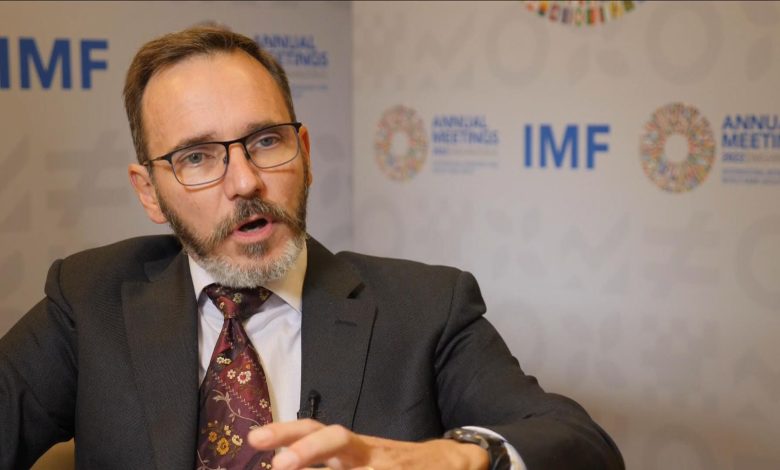
The World Bank has reversed the global economic growth to 3 per cent, but Nigeria’s growth forecast remained unchanged despite President Bola Tinubu’s new policies.
The IMF on Tuesday released an update to its World Economic Outlook earlier published in April.
The IMF raised its 2023 global growth estimate by 0.2 per cent to 3 per cent, up from 2.8 per cent in the April assessment.
The institution also retained the 2024 forecast at 3 per cent.
But the IMF left Nigeria’s growth forecast unchanged at 3.2 per cent predicted in April.
Recall that Nigeria’s new administration under Tinubu began policy reforms of subsidy removal and unification of exchange rate that would allow the economy to grow at least “12 per cent” in the future.
Meanwhile, the IMF was silent, leaving Nigeria’s 2024 economic growth projection to grow slower at 3 per cent, unchanged from the April assessment.
Unlike Nigeria, South Africa will grow by 0.2 per cent to 3 per cent in 2023.
Chief Economist Pierre-Olivier Gourinchas, during the presentation, said inflation remains the arch-enemy of global growth.
His words:
“Inflation could remain high or increase, for instance, from an intensification of Russia’s war in Ukraine or extreme weather-related events.
“This could require a further tightening of monetary policy and lead to another bout of financial market volatility.
“For that, we need monetary policy to remain restrictive until there are clear signs that underlying inflation is cooling… In many countries, fiscal policy should tighten to rebuild fiscal buffers and to reinforce the overall credibility of disinflation strategies, with the composition of fiscal adjustment ensuring targeted support for the most vulnerable.”
